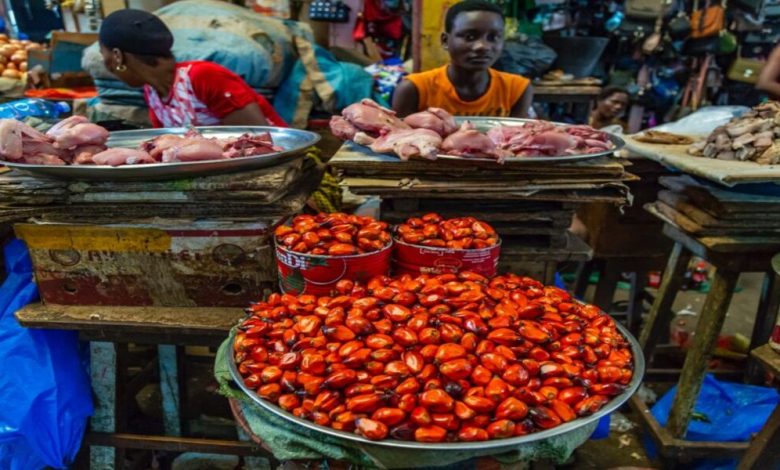
The October inflation rate contradicted market reality, as statistics published yesterday by the National Bureau of Statistics (NBS) indicated that prices of goods and services continued to rise at a slower pace.
In the midst of rising costs, the October Consumer Price Index (CPI), a metric that measures the weighted average of prices for a basket of goods and services, revealed that inflation had slowed to 15.99% in October 2021, down from 16.63% in September.
According to the NBS, the inflation rate has been declining for seven months in a row, an unusual occurrence in recent history. Headline inflation, fueled by skyrocketing food costs, has been steadily increasing for roughly three years, peaking at 18.17 percent in March. According to NBS data, inflation has been rising at a slower pace since April.
However, several economists and other stakeholders have criticised NBS’s stance, claiming that it has to do more to persuade Nigerians, particularly those who depend on its statistics for research and critical decision-making, that the numbers are not fabricated to accomplish a planned goal.
Households throughout the nation are locked in a constantly growing cost of living. According to The Guardian’s market research, the cost of protein has risen by over 100% in the past year. The same increase applies to plant-based foods such as beans.
Godwin Owoh, an applied economics professor, said the inflation estimates were manipulated to achieve political goals. When the statistics are examined by a professional body, he claims they will fall apart.
